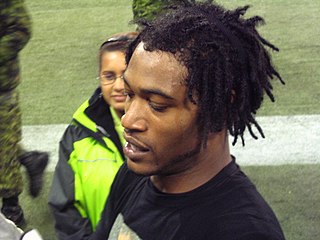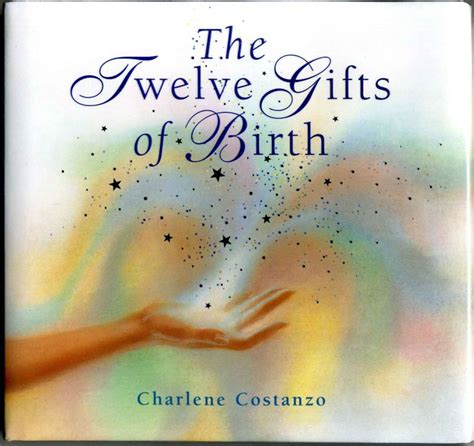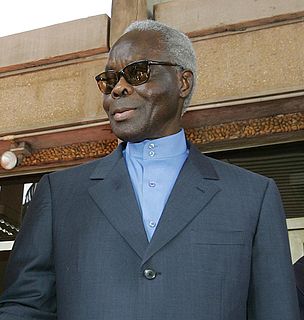A Quote by Reggie McNeal
Among the gifts of serving others, then, is that we ourselves find our place of belonging.
Related Quotes
This is also why it is wrong to treat God as a grand employment agency, a celestial executive searcher to find perfect fits for our perfect gifts. The truth is not that God is finding a place for our gifts but that God has created us and our gifts for a place of his choosing – and we will only be ourselves when we are finally there.
This is a wonderful time to be living here on earth. Our opportunities are limitless. While there are some things wrong in the world today, there are many things right, such as teachers who teach, ministers who minister, marriages that make it, parents who sacrifice, and friends who help. "We can lift ourselves, and others as well, when we refuse to remain in the realm of negative thought and cultivate within our hearts an attitude of gratitude. If ingratitude be numbered among the serious sins, then gratitude takes its place among the noblest of virtues."
To see ourselves as others see us can be eye-opening. To see others as sharing a nature with ourselves is the merest decency. But it is from the far more difficult achievement of seeing ourselves amongst others, as a local example of the forms human life has locally taken, a case among cases, a world among worlds, that the largeness of mind, without which objectivity is self-congratulation and tolerance a sham, comes.
The remarkable thing is that we really love our neighbor as ourselves: we do unto others as we do unto ourselves. We hate others when we hate ourselves. We are tolerant toward others when we tolerate ourselves. We forgive others when we forgive ourselves. We are prone to sacrifice others when we are ready to sacrifice ourselves.
I truly believe that to stay home, to learn the names of things, to realize who we live among . . . then I believe a politics of place emerges where we are deeply accountable to our communities, to our neighborhoods, to our home . . . If we are not rooted deeply in place, making that commitment to dig in and stay put . . . then I think we are living a life without specificity, and then our lives become abstractions. Then we enter a place of true desolation.
Compassion- which means, literally, "to suffer with"- is the way to the truth that we are most ourselves, not when we differ from others, but when we are the same. Indeed the main spiritual question is not, "What difference do you make?" but "What do you have in common?" It is not "excelling" but "serving" that makes us most human. It is not proving ourselves to be better than others but confessing to be just like others that is the way to healing and reconciliation.




































